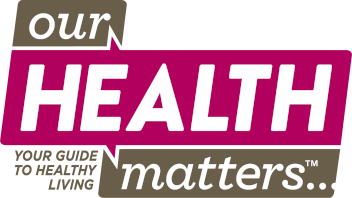Healthcare providers are adding another perspective to achieving better health outcomes.
By Teresa Gerard, MBA
CEO, Guardian Group, LLC
Healthcare and community-based organizations (CBOs) are realizing they need to work together to address the whole person with patient-centered care and client-centered programs and services. A joint effort is emerging to standardize patient screening, streamline referrals, provide navigation assistance, and track outcomes for social needs. These organizations are striving to identify and remove the barriers individuals and families face with accessing community resources and public benefits.
What are considered to be social needs and why are they important to the health of people?
Social needs include:
- Healthy food
- Affordable housing
- Reliable transportation
- Quality education
- Full employment
- Supportive family and social relationships
Did you know having social needs met is essential to your health and well-being? Studies are finding this connection helps prevent medical conditions and related costs, lengthens life expectancy and improves the overall quality of your life.
Where are Screenings Performed?
Screening for social needs can take place in a variety of settings from your healthcare provider’s office to a community center, your place of worship, your child’s school, or over the phone with an outreach worker.
A few professionals who might ask you to participate in a screening are: hospital discharge planners, social workers, community health workers, case workers, case managers, care coordinators, counselors, health plan representatives, community navigators, and family advocates.
Before making referrals for your social needs, organizations will help you determine your priorities and set goals. Organizations will then provide up-to-date referral information and a warm handoff (phone call, fax, email, secure text message, or electronic referral application), if possible.
Ongoing navigation assistance may be necessary to remove barriers that you encounter, such as transportation, or limited resources. With closed-loop referrals, outcomes can be tracked whereby CBOs communicate back to healthcare organizations when services are rendered or programs are completed.
Since social needs change over time, the screening process should be repeated periodically and progress on goals assessed. Plus, additional social need referrals may be necessary to address new issues, priorities, and goals. By being honest during the screening process, thoughtfully setting goals, following-up on referrals, and communicating barriers encountered, you can access valuable community resources and public benefits for your family and you.





